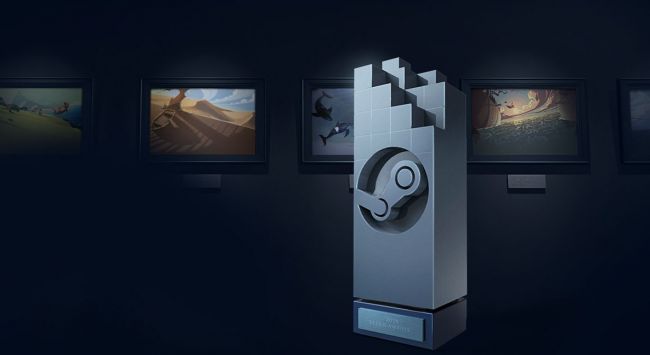
As a young man, I really enjoyed many robots game shoots. It was not amazing, but it was a lot of dumb fun, and the memories I played with her are important to me. Some robot shoots and I commonly have that we are both human, but when I am merely meat and bone and many robots were shot and deleted from steam at the request of the publisher, they and all other listed games I have in my Steam Library may experience a kind of infinite ability.
When I am dust, the number of steam accounts will not change with many robots access, but the number of people playing games on the board will be the number of people playing a steam account, technically a form of account sharing and against the terms of the service.
Some steam accounts software licenses cost thousands of dollars, and whether or not the steam is in 100 years, it seems wrong that your account is just sitting and molding when you die.
Before you kicked the bucket, of course you can transfer your own steam username and password to your next relatives, and I suspect that anyone who received such a gift has been actually canceled by the valve. But the real media ownership is still felt like a problem that in view of the good solution, and the gamers are starting to make more noise about it.
“2024 was the year when the gamers really began to back down on the cut of sports ownership,” we said at the end of last year.
Steam is unlikely to go anywhere at any time, but the intestinal game industry in which direct service games often goes into the stomach (or just shut down because they are old) have given rise to the emotions that especially the ‘stop gaming games’ campaign is needed to move forward.
When it comes to the fate of our libraries after death, stores like GOG work better than Steam: GOG only sells DRM -free games, and comes with the license offline installers associated with them that can be used forever in theory. Even you can make your GOG Library to anyone else, provided you find evidence of your death.
But the GOG has noted that “there is no current legal guidance on the protection of video games.” This is a problem that the standards are low, and another completely fully -determined. None of this was present recently.
It seems that this is a rapidly common view that gamers demand more from the process of governance of sports, and if the physical media cannot respond to everything, sustainable digital alternatives may be necessary to ensure that we can leave our games to future generations. At the same time, the DRM is not clearly turning away – what is the middle land?
